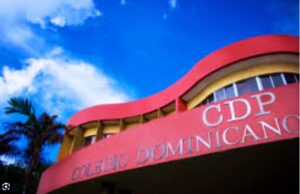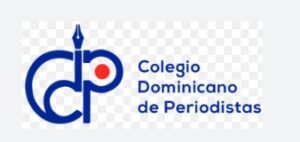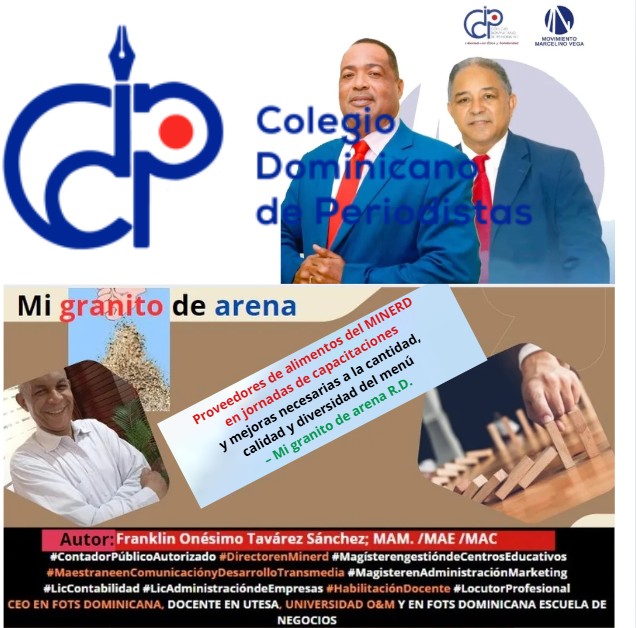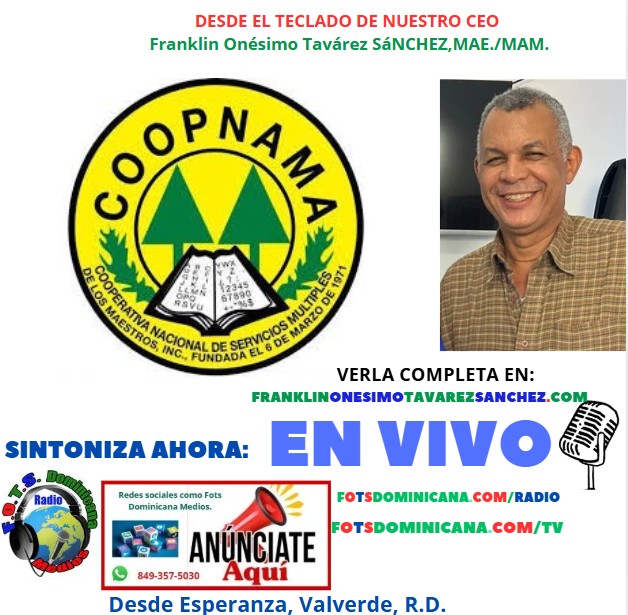Por Franklin Onésimo Tavárez Sánchez,MAE. /MAM.
El Colegio Dominicano de Periodistas ha sido, desde su fundación, un espacio destinado a dignificar la profesión, velar por los derechos de los comunicadores y servir de plataforma para que la voz de la prensa se exprese con independencia y ética. Sin embargo, en los últimos años las luchas internas han convertido esta institución en un escenario de confrontaciones estériles que, lejos de fortalecerla, la debilitan y la apartan de su misión principal.
—————————–
 En los tiempos actuales, el CDP apenas muestra fortalezas en las grandes urbes y se percibe débil en los pueblos. Resulta evidente la necesidad de revisar y modificar sus estatutos para permitir el ingreso de profesionales que, aun sin una licenciatura en periodismo, puedan ser validados mediante habilitaciones universitarias de programas académicos de tiempo mediano, siempre que tengan experiencia comprobada y alguna titulación universitaria. Frente a la masificación de las redes sociales y el periodismo ciudadano, el CDP debe reinventarse o seguirá perdiendo vigencia frente a gremios como el SNTP y otros de más amplia matrícula.
En los tiempos actuales, el CDP apenas muestra fortalezas en las grandes urbes y se percibe débil en los pueblos. Resulta evidente la necesidad de revisar y modificar sus estatutos para permitir el ingreso de profesionales que, aun sin una licenciatura en periodismo, puedan ser validados mediante habilitaciones universitarias de programas académicos de tiempo mediano, siempre que tengan experiencia comprobada y alguna titulación universitaria. Frente a la masificación de las redes sociales y el periodismo ciudadano, el CDP debe reinventarse o seguirá perdiendo vigencia frente a gremios como el SNTP y otros de más amplia matrícula.
—————————–
La tendencia actual en educación superior ofrece oportunidades únicas para fortalecer al CDP. Maestrías en Comunicación Corporativa, Comunicación Transmedia, Gestión de Medios y otras especializaciones permiten que los comunicadores se capaciten integralmente, desarrollen nuevas competencias y aporten al gremio con ideas innovadoras y estrategias adaptadas al mundo digital. Ignorar estas posibilidades sería un grave error frente a un contexto mediático en constante transformación.
————————-
 En este escenario, la retaliación contra José Beato adquiere un carácter preocupante. Beato ha sido un luchador constante, comprometido con el gremio, y su exclusión por motivos de retaliación no solo afecta su derecho de participación, sino que empequeñece a los gestores del CDP, sin importar que muchos de ellos sean amigos personales. Este tipo de acciones minan la credibilidad institucional y proyectan una imagen de división y favoritismo, lejos de los principios que deben regir la organización.
En este escenario, la retaliación contra José Beato adquiere un carácter preocupante. Beato ha sido un luchador constante, comprometido con el gremio, y su exclusión por motivos de retaliación no solo afecta su derecho de participación, sino que empequeñece a los gestores del CDP, sin importar que muchos de ellos sean amigos personales. Este tipo de acciones minan la credibilidad institucional y proyectan una imagen de división y favoritismo, lejos de los principios que deben regir la organización.
————————-
A pesar de los obstáculos, Beato representa un símbolo de resiliencia y compromiso con la prensa dominicana. Su situación podría catalizar un movimiento renovador dentro del gremio, similar a aquellos que en su momento dieron origen al SNPP y fortalecieron el CDP. La historia ha demostrado que la injusticia y la exclusión generan conciencia colectiva y oportunidades de transformación cuando se actúa con visión y convicción.
———————
 Nuestro llamado es claro: que se imponga el diálogo sobre la imposición, la justicia sobre la manipulación y el servicio colectivo sobre los intereses individuales. El Colegio de Periodistas debe volver a ser casa de todos, un espacio de respeto y convivencia democrática, capaz de integrar las nuevas tendencias académicas y profesionales, porque solo así recuperará la confianza perdida y cumplirá su rol histórico en la República Dominicana.
Nuestro llamado es claro: que se imponga el diálogo sobre la imposición, la justicia sobre la manipulación y el servicio colectivo sobre los intereses individuales. El Colegio de Periodistas debe volver a ser casa de todos, un espacio de respeto y convivencia democrática, capaz de integrar las nuevas tendencias académicas y profesionales, porque solo así recuperará la confianza perdida y cumplirá su rol histórico en la República Dominicana.
Dominican College of Journalists: Struggles that Wound and the Obstacles to José Beato
By Franklin Onésimo Tavárez Sánchez
The Dominican College of Journalists (CDP) has been, since its foundation, a space intended to dignify the profession, safeguard the rights of communicators, and serve as a platform for the press to express itself with independence and ethics. However, in recent years, internal struggles have turned this institution into a stage of sterile confrontations that, far from strengthening it, weaken it and divert it from its primary mission.
Nowadays, the CDP shows strengths mainly in large urban centers, while in rural towns it appears weak and disconnected from the realities of practicing professionals. It is evident that revising and modifying its statutes is necessary to allow the inclusion of communicators who, even without a journalism degree, can be validated through university programs of medium-term academic training, provided they have significant professional experience and hold a university credential. In the face of the proliferation of social networks and citizen journalism, the CDP must reinvent itself or continue losing relevance compared to guilds such as the SNTP and others with broader membership.
Current trends in higher education offer unique opportunities to strengthen the CDP. Master’s programs in Corporate Communication, Transmedia Communication, Media Management, and other specializations allow communicators to acquire comprehensive training, develop new skills, and contribute innovative ideas and strategies adapted to the digital world. Ignoring these possibilities would be a serious mistake in a constantly evolving media context.
In this scenario, the retaliation against José Beato is particularly concerning. Beato has been a tireless fighter, committed to the guild, and preventing him from running for office not only infringes on his right to participate but also diminishes the CDP’s leaders, regardless of personal friendships. Such actions undermine institutional credibility and project an image of division and favoritism, far from the principles that should guide the organization.
Despite the obstacles, Beato represents a symbol of resilience and commitment to Dominican journalism. His situation could catalyze a renewed movement within the guild, similar to those that gave rise to the SNPP and strengthened the CDP in the past. History has shown that injustice and exclusion generate collective awareness and opportunities for transformation when acted upon with vision and conviction.
My call is clear: let dialogue prevail over imposition, justice over manipulation, and collective service over individual interests. The College of Journalists must once again become a home for all, a space of respect and democratic coexistence, capable of integrating new academic and professional trends, because only then will it regain lost trust and fulfill its historic role in the Dominican Republic.




